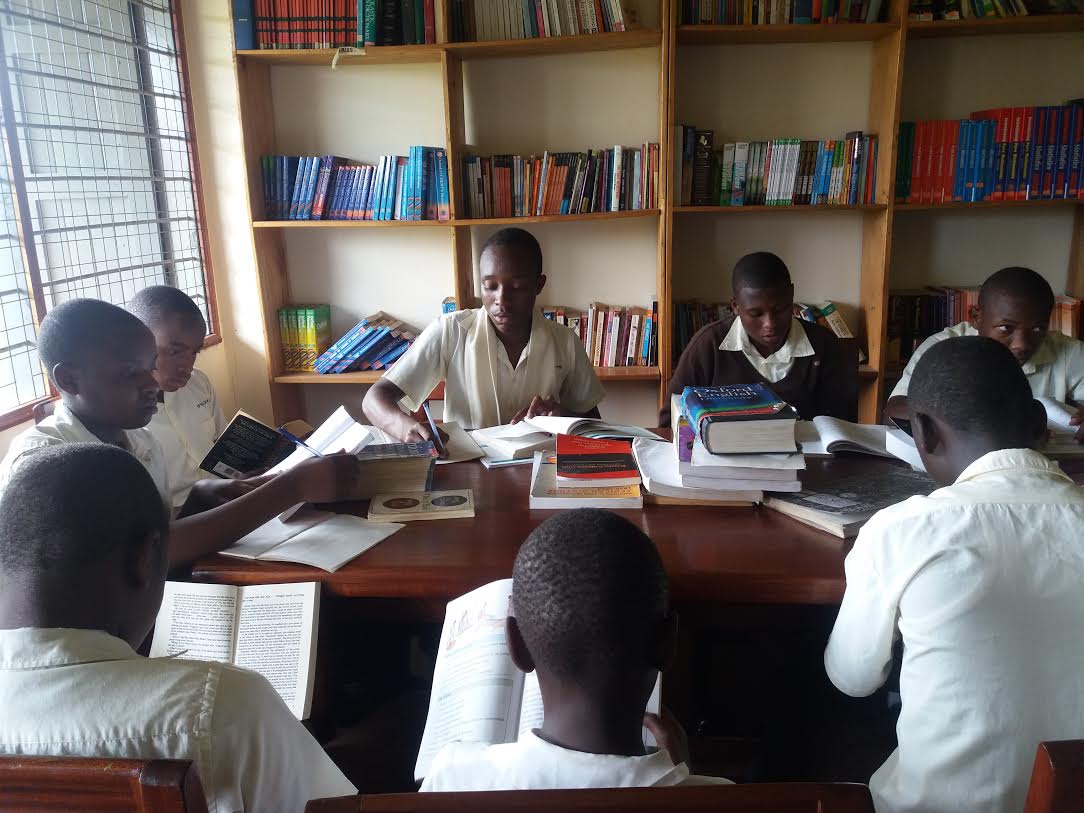
Documentary film about the inspiring story of AIDS orphans schools built by one of CNN’s 2012 heroes Jackon Twesigye Kaguri, to premiere in Kampala
At 8.00 am on a Friday morning, dozens of pupils line up to receive their breakfast prepared by a team of cooks. Some are orphaned. All have suffered hardships that have left them vulnerable in so many ways, including malnutrition.
“Some of these pupils lost both their parents due to HIV/AIDS,” says Enoth Kwikiriza, headmaster at Nyaka Primary School.
“This is a fully sponsored primary school. No parent pays a single coin for their children to study. We give them breakfast and lunch,” said Kwikiriza.
He was speaking in an interview after addressing the school parade. Kwikiriza explained that the school currently has 234 pupils with 123 girls and 11 boys.
This support to vulnerable children is part of Nyaka AIDS Orphans Project started in 2001 by Twesigye Jackson Kaguri after HIV/Aids ravaged South Western Uganda in the 80s and 90s. The project started at this Nyaka Primary School, in two rooms on a small piece of land.
This is the story narrated in a documentary film that will premiere in Kampala on World Aids Day, December 1 as the world learns of the story of Twesigye Jackson Kaguri, a humble immigrant living the American dream, who returned to Uganda to help his home village save a generation of children orphaned by HIV/AIDS.
The film by award-winning director Debi Lang, touches on Kaguri’s moving personal story, which inspired the creation of Nyaka AIDS Orphans Project and led to him being named one of CNN’s heroes for 2012.
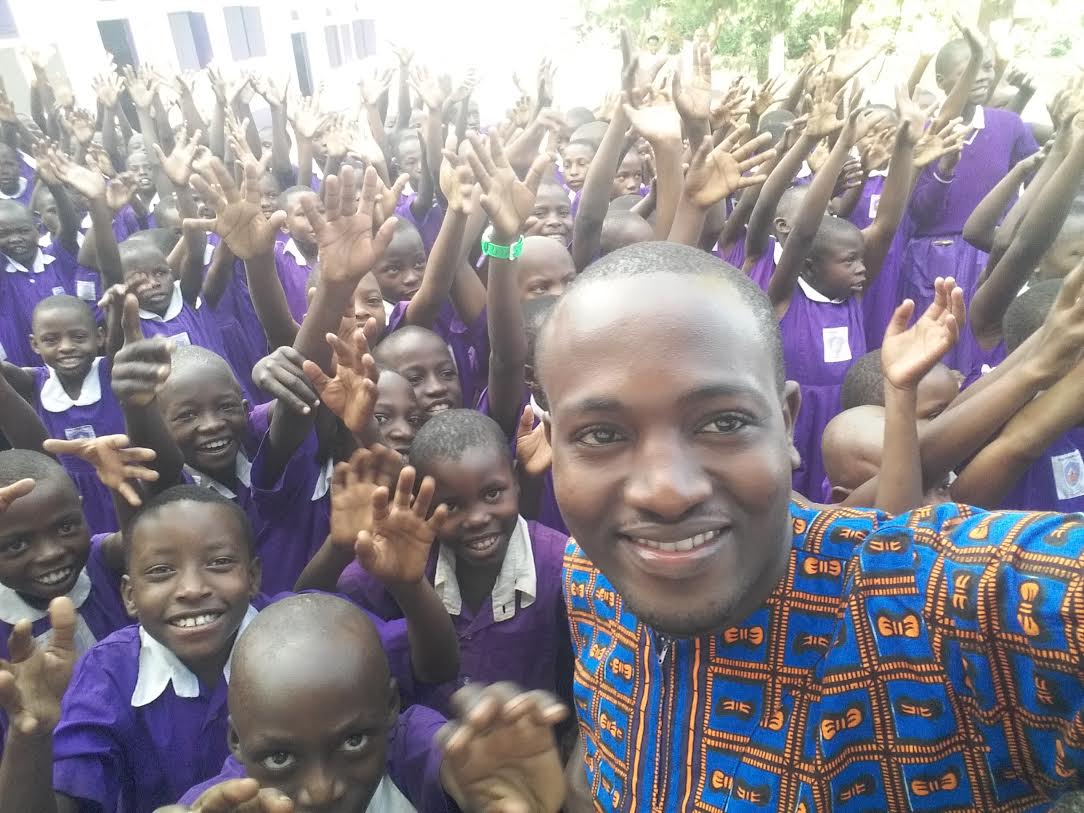
‘Education is the bedrock of everything’
The project currently runs three schools, Nyaka Primary School, Kutamba Primary School and Nyaka Vocational Secondary School in Kanungu district, south western Uganda. The school was officially opened in 2003 to 55 students – all HIV/AIDS orphans.
According to UNICEF, Uganda has 2.5 million orphans. Of that number, 1.2 million are orphaned by HIV/AIDS in a country of over 37 million.
Moved by the plight of orphans, Kaguri, a human rights advocate returning home after studying at Columbia University in USA, decided to build a school for Nyakagyezi village for children who had lost one or both parents to AIDS. Kaguri’s own brother and sister died from the disease.
His brother died of HIV/AIDS, leaving him to care for his three children. One year later, his sister died of HIV/AIDS, also leaving behind a son. It was through his own experience that he decided to build the first primary school in his village.
It is a story of a man’s determination to do something about one of the most moving crises in Uganda, the plight of HIV/AIDS orphans.
Kaguri does not flinch from reporting the family arguments, the various manipulations of community and government officials as he started the project.
But in the end it is a story of resilience of Uganda, the courage of it’s people’s, and the ways in which a person can give hope to those who deserve it most.
Cornerstone the movie
Cornerstone is the inspiring documentary film about the journey of Twesigye Jackson Kaguri a humble immigrant living the American dream, who returned to Uganda to help his home village save a generation of children orphaned by HIV/AIDS.
The film by award-winning director Debi Lang, touches on Kaguri’s moving personal story, which inspired the creation of Nyaka AIDS Orphans Project, a motivated, comprehensive, community based organization that utilizes a unique holistic approach to not only combat hunger, illness and poverty, but also to educate children, create financial independence, and empower girls and women.
The film will premiere on World Aids Day at Century Cinemax, Acacia Mall, 6pm and thereafter, guests from abroad will leave to visit the Kanungu project
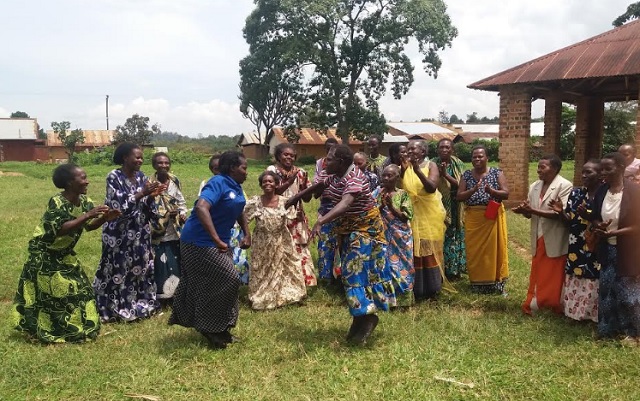
The four Nyaka projects
The Nyaka project decided to solve the local problems by involving the community. They did it in three main ways:
Support to grannies: For the grandmothers who had few resources to raise HIV/AIDS orphans, Nyaka formed the the grandmother’s program. It started with 51 granny groups, consisting of 25-70 grand mothers.
Grannies take responsibility for their grand children, helped not by outsiders but by the local communities, through farming and other projects like making hand crafts which are sold.
Grandmothers give each other peer support, and the Nyaka Project started providing them with micro finance loans and training in budgeting, leadership, agriculture. There are now 91 Granny Groups empowering 7004 grannies.
Nyaka’s approach is to help strengthen this network of support, so local people and organizations will provide comprehensive services to orphans and vulnerable children long after the project is complete.
“This isn’t a handout,” says Bariyo Daniel,a senior program officer for Nyaka Aids Orphans Project . “It’s a helping hand.”
Water project: Nyaka with the help of donations from well-wishers has built a gravity-fed clean water system to provide to Nyakagyezi. The Water system serves 17,500 people in the surrounding community. Tap systems were placed throughout the community meaning that women and girls no longer have to walk for miles to gather water.
School Clinic: For the sick and unwell, Nyaka opened the Mummy Drayton School Clinic in 2011. It was built to provide basic health care services, HIV/AIDS testing immunization, and medicine to students, grandmothers, and community members, dental, chiropractic, and other health services are sometimes also conducted by volunteers who are visiting Nyaka.
****
editor@independent.co.ug
 The Independent Uganda: You get the Truth we Pay the Price
The Independent Uganda: You get the Truth we Pay the Price


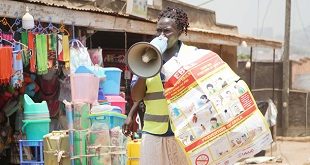
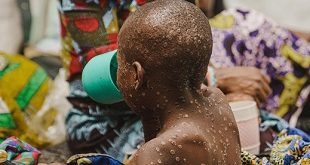
Our Dad has moved extra mile journey to fight for our lives.
May God bless you Dr T . Jackson Kaguri
Arinitwe Kaguri Lawrence
Nyaka student now in second year at university